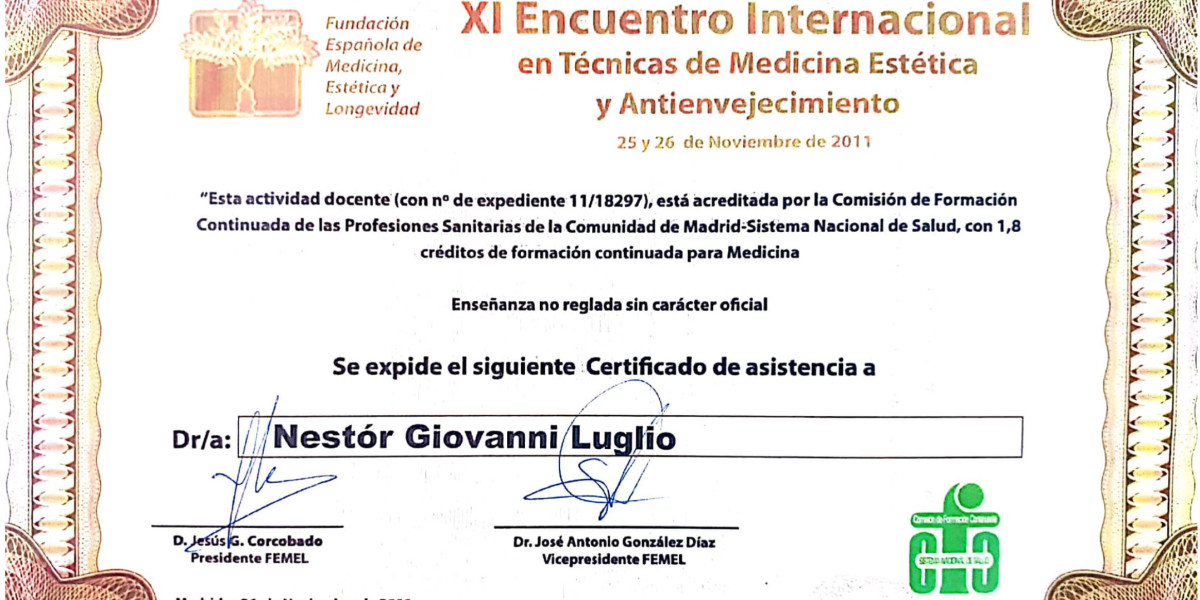Supporters of Skull and Bones Silver the society argue differently. They view Skull and Bones as a leadership incubator—selecting high-achieving individuals and providing a strong support network that encourages public service. To them, the presence of Bonesmen in government is a testament to merit, not manipulation.
However, the overlap between Bones membership and government leadership has led to uncomfortable questions. Are key policy decisions influenced by private relationships formed in secret? Can a society based on exclusivity ever align with the democratic values of transparency and accountability?
Beyond elected office, Bonesmen have held top roles in the intelligence community, judiciary, and financial sector. Some scholars have compared the society’s influence to that of other elite networks, such as the Rhodes Scholars or Ivy League alumni circles, arguing that Skull and Bones functions as a more secretive version of the same dynamic.
Still, secrecy breeds suspicion. Even without evidence of wrongdoing, the mere idea of a private group shaping public policy creates concern among the general public. The perception of unearned influence clashes with ideals of fairness and open governance.
Whether Skull and Bones actively shapes national policy or simply nurtures future leaders, its legacy in American politics is undeniable. As long as its members continue to rise to positions of power, questions about its role in buy skull and bones boosting governance will persist.








